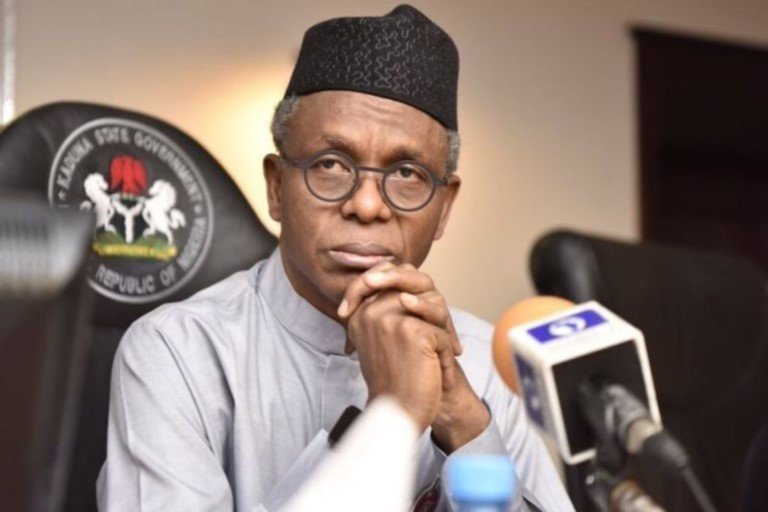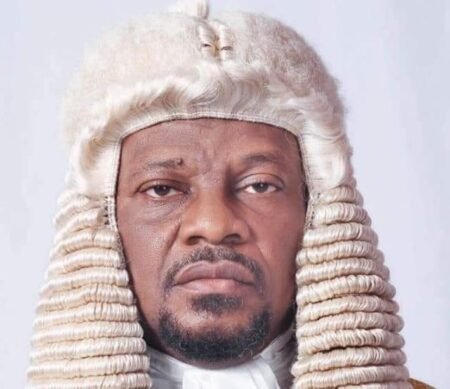Cuba is experiencing a statewide blackout after its national grid, the primary energy facility, failed, cutting power to its ten million residents.
The energy ministry stated on social media that its power grid had collapsed around 11:00 (15:00 GMT) on Friday. Grid officials said they were unsure how long it would take to restore power.
The island has been experiencing months of long blackouts, prompting the prime minister to declare an “energy emergency” on Thursday.
Friday’s total blackout occurred after the Antonio Guiteras power plant in Matanzas, the island’s largest, went offline.
President Miguel Díaz-Canel Bermúdez stated that the crisis was his “absolute priority.” “There will be no rest until power is restored,” he posted on X.
Lazara Guerra, the energy ministry’s chief of electrical supply, was later quoted by AFP as saying the power restoration operation was in its early stages.
She stated that “some level of electricity generation” would be used to start up power plants across the country.
Earlier on Friday, officials stated that all schools and non-essential activities, including nightclubs, would close until Monday.
Non-essential personnel were advised to stay at home to ensure electrical supply, and non-essential government services were discontinued.
According to local media, Cubans are also being asked to turn off high-consumption items like refrigerators and stoves during peak hours.
“This is crazy,” Eloy Fon, an 80-year-old pensioner from central Havana, told AFP. “It demonstrates the fragility of our electrical system… We have no reserves, nothing to support the country, and we are living day to day.”
Bárbara López, 47, a digital content creator, stated that she had already “barely been able to work for two days.”
“It’s the worst I’ve seen in 47 years,” she said. “They’ve really messed up now… We have no power or mobile data.”
In a televised statement on Thursday, Prime Minister Manuel Marrero blamed the electricity failures on decaying infrastructure, fuel shortages, and increased demand.
“The fuel shortage is the biggest factor,” he told me. Alfredo López Valdés, the head of the National Electric Union (UNE), stated that the island was experiencing a difficult energy situation, with shortages being the primary cause.
Extended blackouts, especially those this broad, are always tense in Cuba. In part because the capacity to keep the lights on poses a public order risk for the Cuban government.
In July 2021, thousands of demonstrators took to the streets in demonstrations spurred by days-long outages across the country.
The desperation created by precious food going to waste in heated fridges and freezers was worsened by inhabitants having to go without air conditioning or ceiling fans for days in the island’s scorching heat.
In many buildings, electric pumps deliver water to the taps; therefore, no power meant no water. Furthermore, insufficient gasoline at the pumps implies that individuals can’t work, use their automobiles to solve fundamental problems, or tend to urgent needs.
The Cuban government has become increasingly conscious that many people on the island are no longer afraid to speak out about the numerous daily issues they encounter.
Some are even willing to take to the streets and yell anti-government slogans if the circumstances warrant it.
In March, hundreds of residents in Santiago, Cuba’s second-largest city, held a rare public protest about chronic power outages and food shortages.











